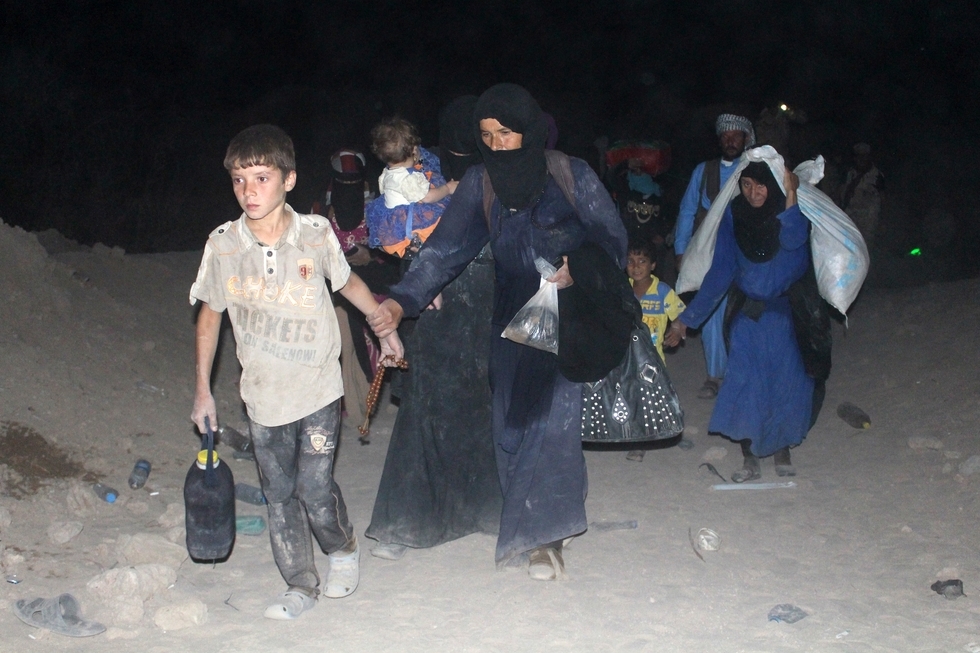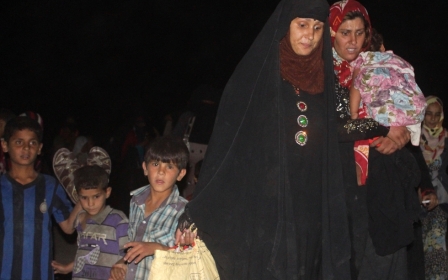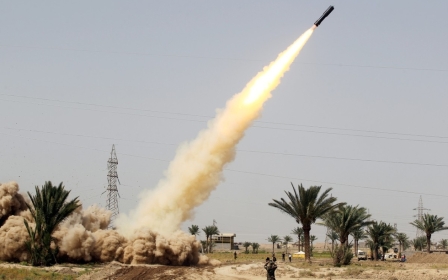Fallujah civilians 'near starvation and trapped' says prominent aid group

Thousands of Iraqi civilians trapped in the Islamic State bastion of Fallujah face a "humanitarian disaster" under fire and nearing starvation, a prominent aid group said on Thursday.
Tens of thousands who managed to flee the city during an assault by Iraqi forces had also found little relief on their way out, according to the Norwegian Refugee Council (NRC).
"We have a humanitarian disaster inside Fallujah and another unfolding disaster in the camps," NRC chief Jan Egeland said.
"Thousands fleeing the cross-fire after months of besiegement and near starvation deserve relief and care, but our relief supplies will soon be exhausted."
Fallujah, which lies west of Baghdad, is one of the last two major Iraqi cities IS controls, the other being Mosul.
For three weeks, Iraqi forces backed by a US-led coalition air strikes have alternated barrages of artillery fire with an attempt to move forward in street battles against IS fighters.
Progress has been hampered however by IS's systematic use of civilians as human shields.
"Make no mistake: There is absolutely nothing safe for civilians fleeing Fallujah. No safe exits, no safe passage, no safe haven without risking their lives," Egeland said.
"They risk being shot at, killed by explosive devices on the roads, or drowning while crossing the river."
According to the International Organisation of Migration (IOM), at least 48,000 people have managed to escape since the offensive was launched on May 23.
"Those who flee IS-controlled areas and manage to make it to safety will soon find out there is very little we can offer them: we are running out of food, drinking water and medical services," the NRC said.
The group, which is working in camps for the displaced near Fallujah, said it can only offer survivors three litres of water a day - well under the 10 litres needed in temperatures nearing 50C.
More than three million Iraqis have fled their homes since a lightning IS offensive in 2014 saw large areas of the country fall under the group's control.
Middle East Eye propose une couverture et une analyse indépendantes et incomparables du Moyen-Orient, de l’Afrique du Nord et d’autres régions du monde. Pour en savoir plus sur la reprise de ce contenu et les frais qui s’appliquent, veuillez remplir ce formulaire [en anglais]. Pour en savoir plus sur MEE, cliquez ici [en anglais].




